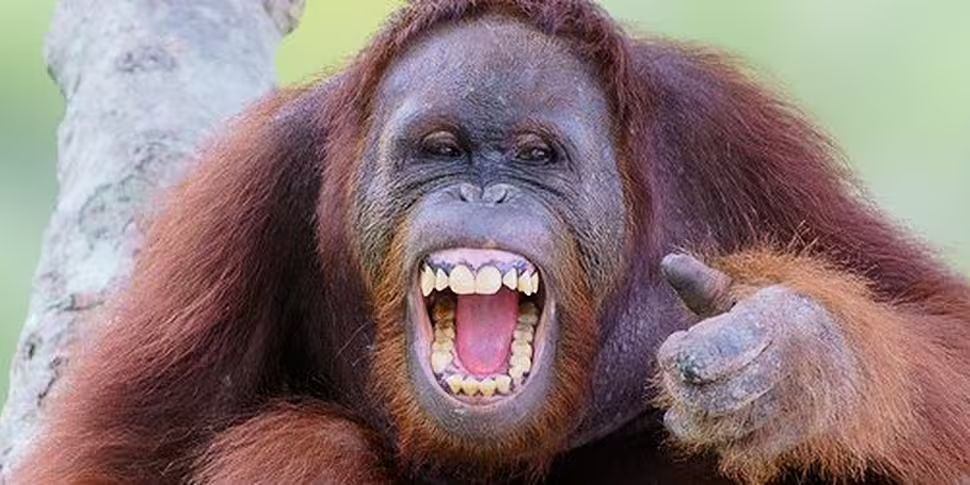Grandstanding and cut-throat backstabbing are par for the course of any political election, and that extends beyond the po-faced politics of the human variety. Animals get in on the action too, with the animal kingdom often evolving into republics where maniacal tyrants and string-pulling tacticians work to outmanoeuvre each other to steer the herd in the direction of their choosing. And like many decisions in the natural world, the outcome of these elections can quickly turn into a case of survival of the fittest.
We need only look to our closest relative, the chimpanzee, to observe the innate drive for political hierarchies. Chimps are no chumps, knowing full well that the only way they’ll survive the whims of mother nature’s fury is to group together en masse. But getting to the top of this primate social pyramid takes cunning – and staying there requires ruthlessness.
It all starts with a classic case of scratching someone else’s back – albeit literally here; chimpanzees build personal rapport with each other by grooming themselves, picking out parasites and up on social cues, forming tight alliances. It’s all about bulking up the numbers if a chimp wants to pull a Francis Underwood, amassing enough followers to pull off a successful coup, or having enough to fight one off.
The fruits for siding with the dominant male are plentiful, with the best food and females the rewards for ‘reciprocal altruism’, the scientific term for mutual back-scratching. If that sounds like too much bother, chimps follow the other classic route to political power, forming dynasties and finding relative security in relatives.

Brazilian Woolly Spider Monkeys co-exist in peaceful cohabitation [Wiki Commons]
Not all simians seek power through uprising, though, with some other monkey species embracing a sort of leaderless egalitarian community. Brazil’s woolly spider monkeys cohabit in harmony in large groups without squabbling over the top job – observers have even noted that groups of males will form an orderly queue to mate with females in heat.
Instead of dishing out grooming backrubs for a quick backhander later on, these monkeys build relationships by sitting together in large group hugs, and matriarchal bonding opens more doors down the line – research has shown that the longer a woolly spider monkey spends with his mother, the more likely he’ll catch the eye of unrelated females and the more offspring he’ll produce.
But political shenanigans don’t just extend to our evolutionary cousins, as even bacteria get in on smear campaigns.
These microscopic organisms may not be the sharpest political theorists in the world, but they do their best to influence others by taking the lead and creating a path to follow. This process has become known as quorum sensing.
Think of it as a sort of ‘first past the pus’ electioneering, with bacteria spewing chemicals into their environment to signal what’s going on, and taking note of what other bacteria are doing. For example, bacteria need to go through a sort of Ard Fheis to determine when is the best time to exploit their host by becoming virulent and all releasing chemicals to collectively overwhelm an immune system and colonise.

Ants have to pull their weight and work to improve the lives of the community
The insect world gets in on the action too, with the carefully regimented politics of the ant and bee worlds well documented. Ants have been observed to enslave the survivors of the losing sides in battles, while bees use quorum sensing to make decisions affecting the entire hive, such as finding a new place to relocate. The quickest way to canvass the queen? Shake your stinger and lead your colleagues to the promised land of milk and honey.
Those who dance the longest (filibust some moves, if you will), gain the most followers, who’ll follow that bee to the proposed new site to check it out. If they agree, they’ll match the dancing in another round of voting, and this goes on until the queen dissolves (figuratively) the hive and the landslide victory leads the a new one being built.
The political animals tearing shreds off each other in the UK today are just another example of the curious quest for power inherent in the animal kingdom.
Robert Young, an wildlife conservation professor at the University of Salford, spoke to Tara Duggan today on Moncrieff, about the complex political systems of animals and how they operate. Listen back to the podcast below:









